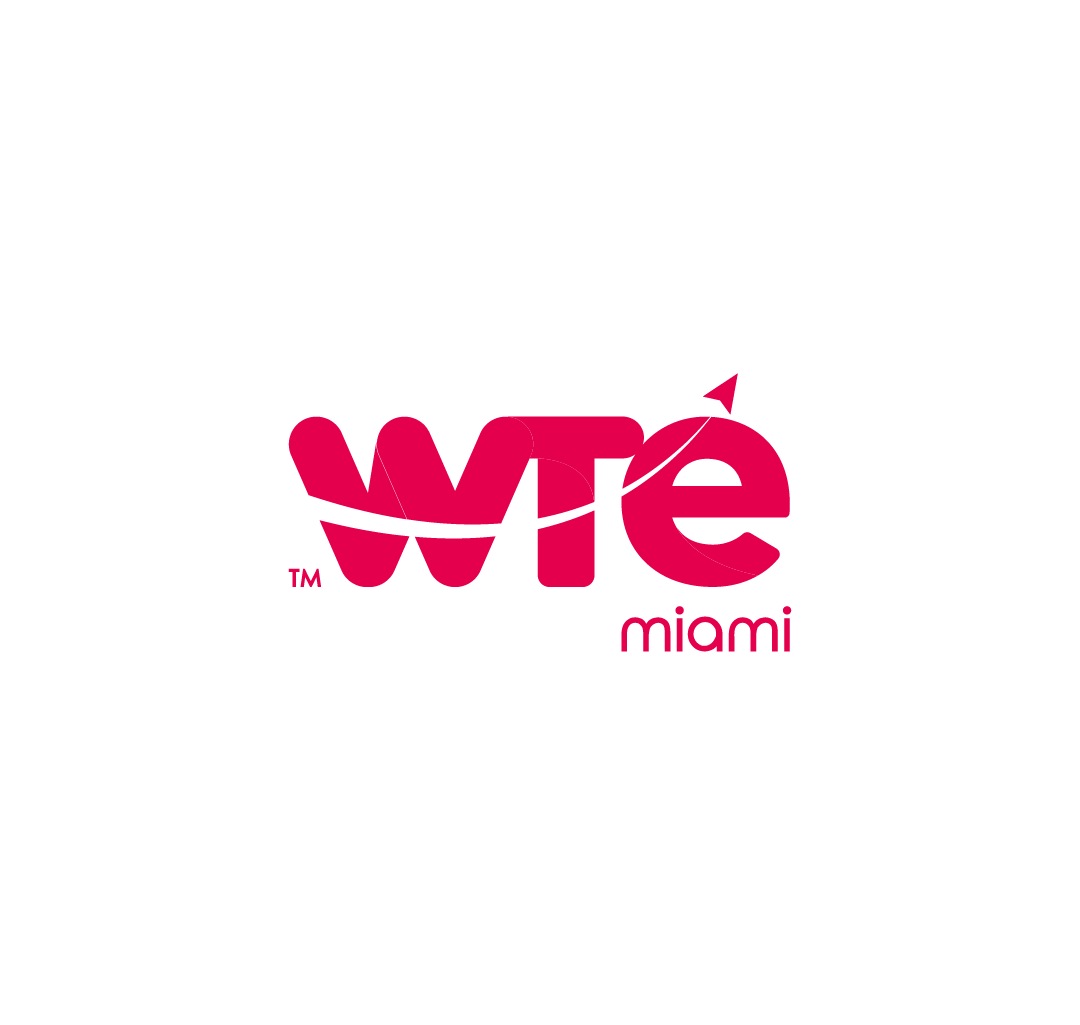New US passport rules to impact millions of travelers
As of 23 Jan, all travelers to and from Canada, Mexico and the Caribbean will for the first time need a passport to cross the US border.
The new regulations will impact millions of international travelers.But US travelers will also be affected. Starting in the spring, all US citizens applying for a passport will get an electronic version that’s embedded with a “smart” chip designed to thwart forgery.
The new regulations represent the most significant changes in border control in years, as federal officials try to bring the process of checking identification into the digital age, say government officials.
Many people heading to Canada, Mexico and the Caribbean now travel with just a driver’s license for identification. Under the new rule, US citizens traveling by air need a passport.
For Americans who don’t want to pay $97 for a passport, the State Department also plans by the end of 2007 to introduce a “passport card” that would work like a passport. The card, which costs $20 for adults, is good only for those traveling by land or sea to Canada, Mexico and the Caribbean.
The State Department issued 16 million passports in 2006, compared to 12 million in 2005, with the increase largely the result of the new rule. It’s now issuing the “e-passport” in some areas of the country. Conversion from the old passport is set to be complete this spring.
 United Kingdom
United Kingdom United States
United States Asia Pacific
Asia Pacific












































CLIA expands trade support with expedition event
Qatar Airways adding Manchester flights
Jet2 unveils Samos as new Greek destination for summer 2026
EU entry-exit system delayed again
ATC strike in Greece could disrupt flights this week